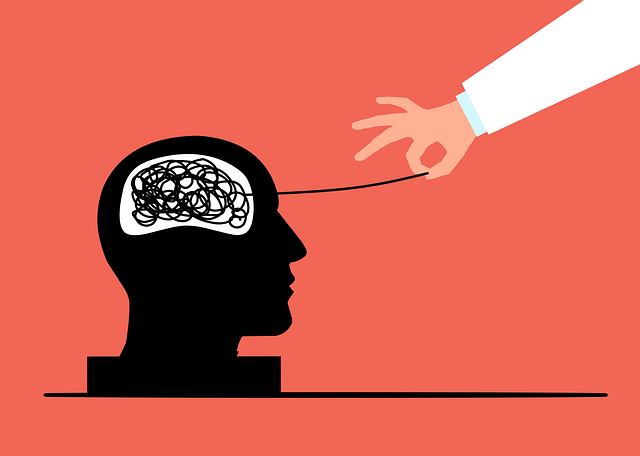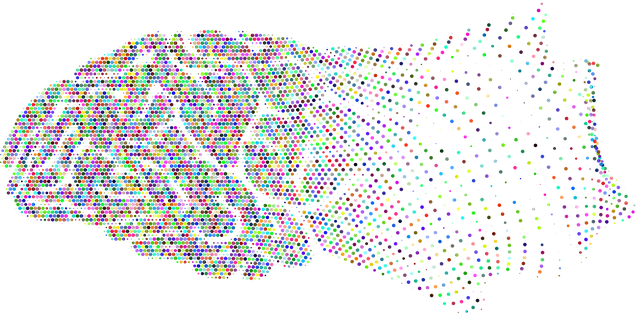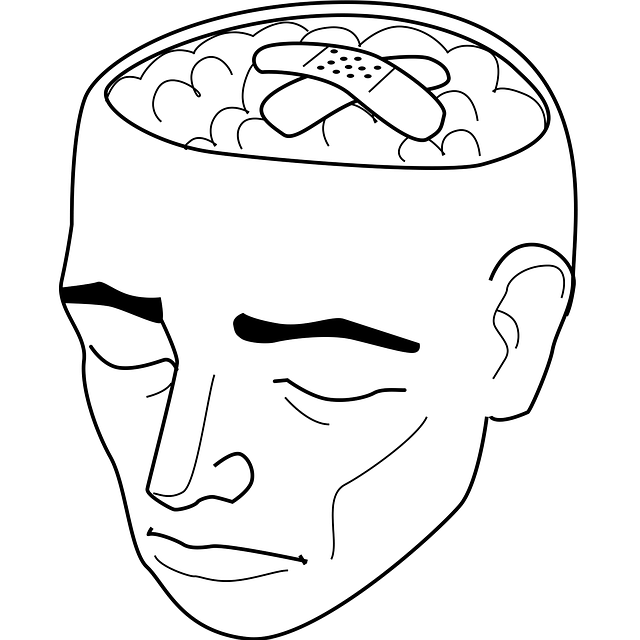In today's media landscape, mental illness is often portrayed inaccurately, leading to stigmatization. Aurora Parenting Skills Therapy challenges this by offering specialized sessions that provide effective coping mechanisms and parenting strategies for improved mental well-being. Through trauma support and burnout prevention techniques, Aurora equips healthcare providers with cultural competency training. This holistic approach promotes nuanced, compassionate media narratives about mental health, destigmatizing diverse experiences and encouraging help-seeking behaviors.
Mental illness representation in media has long been a topic of debate, with stereotypes and inaccuracies perpetuating stigma. This article explores the current state of mental health portrayal in popular culture and presents innovative solutions. We delve into the success of programs like Aurora Parenting Skills Therapy, which challenges traditional narratives and promotes understanding. By examining strategies for accurate representation, we aim to empower media creators and foster a more inclusive and empathetic society. Discover how these approaches can revolutionize mental health discourse.
- Understanding Mental Illness Representation in Media: The Current State
- Aurora Parenting Skills Therapy: A Innovative Approach to Challenging Stereotypes
- Strategies and Solutions for Accurate Mental Health Portrayals in the Media
Understanding Mental Illness Representation in Media: The Current State

In today’s media landscape, mental illness is a prevalent topic, yet its representation remains complex and often problematic. The current state of mental health portrayal in films, television shows, and news media is a mix of accurate insights and stereotypes, with significant room for improvement. Many popular cultural narratives still depict mental illness as an extraordinary or supernatural condition, reinforcing misconceptions that can lead to stigmatization. For instance, the portrayal of schizophrenia often involves intense hallucinations, while depression is frequently reduced to mere sadness, missing the complex range of symptoms experienced by individuals living with these conditions.
This lack of nuanced representation has profound implications for public understanding and the perception of those seeking therapy, such as those at Aurora Parenting Skills Therapy who may face additional challenges due to societal attitudes. Effective mental health communication requires a shift towards more accurate, empathetic, and diverse storytelling. Healthcare Provider Cultural Competency Training and Risk Management Planning can play pivotal roles in this process, ensuring professionals are equipped to address these issues both internally and when interacting with the media. By embracing Mind Over Matter principles, the media industry can contribute to breaking down barriers and fostering a more supportive environment for mental health awareness.
Aurora Parenting Skills Therapy: A Innovative Approach to Challenging Stereotypes

Aurora Parenting Skills Therapy offers a groundbreaking solution to combat the stereotypical representation of mental illness in media. By focusing on empowering parents and caregivers, this innovative approach challenges societal norms and promotes understanding. Through specialized therapy sessions, individuals learn effective coping mechanisms and parenting strategies tailored to their unique experiences, fostering healthier relationships and improved mental well-being.
This therapy isn’t just about addressing individual symptoms; it’s a holistic effort to break down barriers and promote empathy. By providing trauma support services and burnout prevention techniques, Aurora Parenting Skills Therapy equips healthcare providers with the cultural competency training needed to offer tailored care. This inclusive practice ensures that those struggling with mental health issues receive sensitive treatment, ultimately challenging and transforming media portrayals for a more accurate and compassionate narrative.
Strategies and Solutions for Accurate Mental Health Portrayals in the Media

The media plays a significant role in shaping societal perceptions about mental health. To challenge negative stereotypes and promote accurate representation, various strategies can be implemented. One effective approach is to involve mental health professionals and individuals with lived experiences in content creation. This ensures that stories are told from authentic perspectives, fostering a deeper understanding of the complexities surrounding mental illness. Additionally, media outlets can prioritize showcasing diverse recovery journeys, highlighting the wide range of experiences within the mental health landscape.
Educational initiatives like community outreach programs can be integrated into media platforms to promote awareness and destigmatization. These programs can empower individuals by providing valuable resources, such as Aurora Parenting Skills Therapy, which offers coping skills development and mood management techniques. By presenting practical solutions and realistic portrayals, media can inspire hope and encourage those struggling to seek help without further perpetuating harmful narratives.
In conclusion, improving mental illness representation in media is a multifaceted challenge that requires both critical analysis and innovative solutions. As previously mentioned, Aurora Parenting Skills Therapy offers a promising approach by promoting nuanced and accurate portrayals. In terms of strategies, the industry must strive for authenticity, consult with experts, and prioritize diverse narratives. By doing so, we can create a media landscape that fosters understanding and reduces stigma, ultimately reflecting the tapestry of human experiences with mental health.








